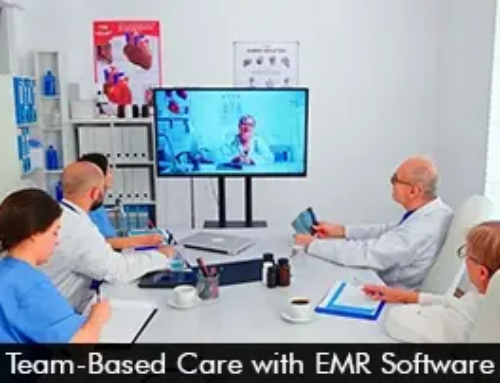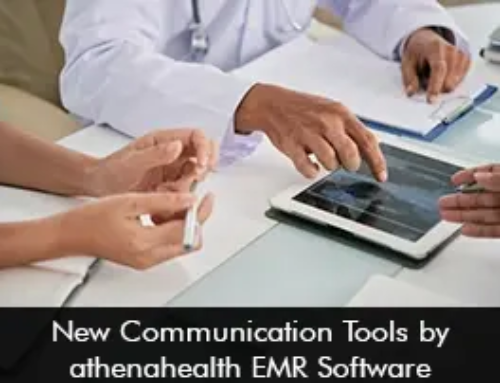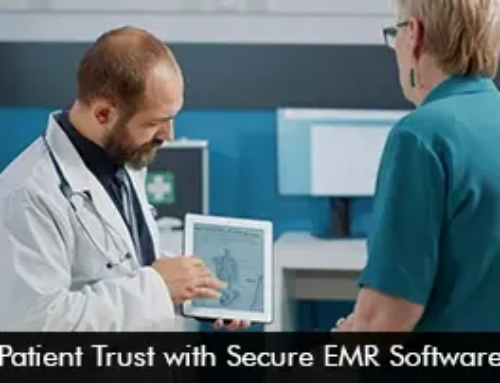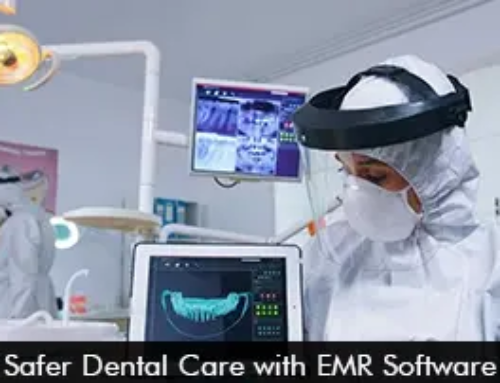Transparency in Electronic Medical Records (EMR) Software is of paramount importance as it helps to foster trust between the user and the vendor and even ensures robust data security. EHR Software technology has evolved from holding digital patient records to leading to better patient care delivery and streamlining workflow processes.
Patient Confidence with Transparency in EMR Software
Data transparency in electronic health records software systems enables patients to build trust and confidence in using this data to benefit them. Patients can actively take part in their healthcare journey leading to patient empowerment. Furthermore, patients are guaranteed to know who has access to their information when there are explicit policies in place regarding the sharing of patient data with insurers, other healthcare providers, and other parties.
Clear EHR Software Pricing Models
The EMR Software vendor is responsible for outlining clear and transparent pricing models. They should mention software implementation costs, maintenance, and any upgrade charges so healthcare providers can make informed decisions and not feel deceived later. By avoiding hidden fees and providing a clear and honest explanation of all possible charges related to the EHR software, one can foster trust and mitigate financial uncertainties.
EMR Software Vendors Transparency
Users of potential Electronic Health Records Software vendors should ensure a complete background check of the health IT Company. Information regarding the EHR vendor’s history, financial stability, and track record can give you confidence in the software’s long-term success.
Looking at authentic customer feedback can give an idea of the vendor’s reputation. Transparent sharing of client evaluations, testimonials, and case studies can provide useful information about the software’s performance and user satisfaction.
It is also the vendor’s responsibility to communicate software standard compliance such as HL7 and FHIR. Transparency about interoperability options will ensure the user that they can easily exchange patient data with other providers leading to care coordination.
Compliance and Certification of EHR Software Technology
EMR systems need to abide by all applicable laws and rules, including HIPAA in the US. To keep people trusting the program, it must be transparent about how the software complies with these requirements. Users can feel more confident about the dependability and caliber of the EHR software by learning about any certifications or endorsements the program may have from respectable organizations.








